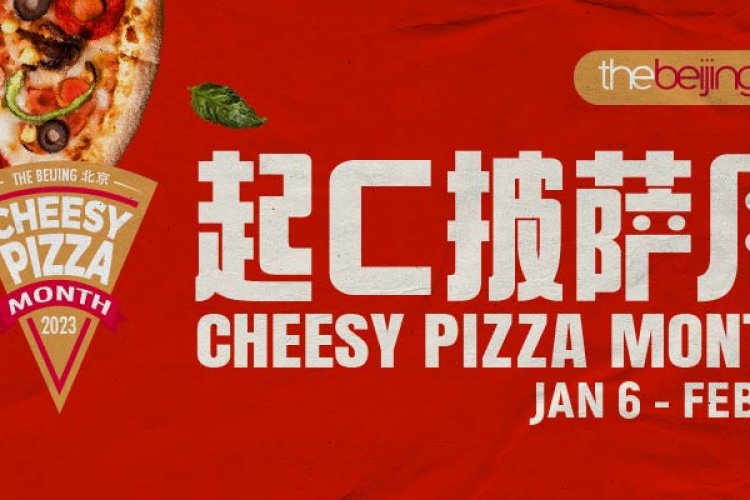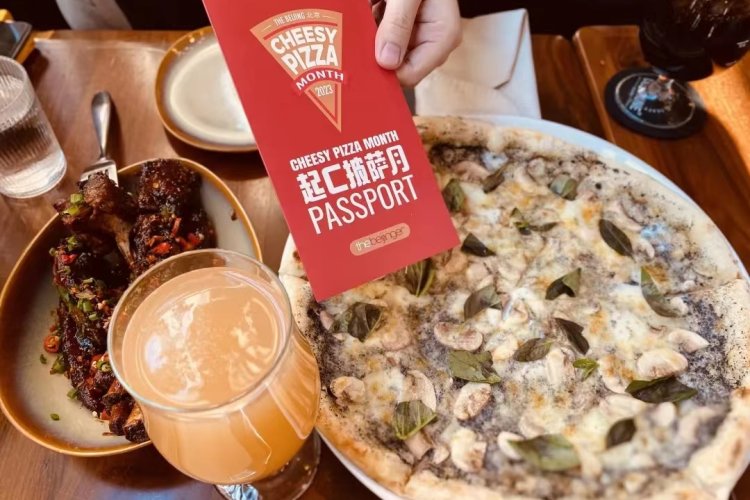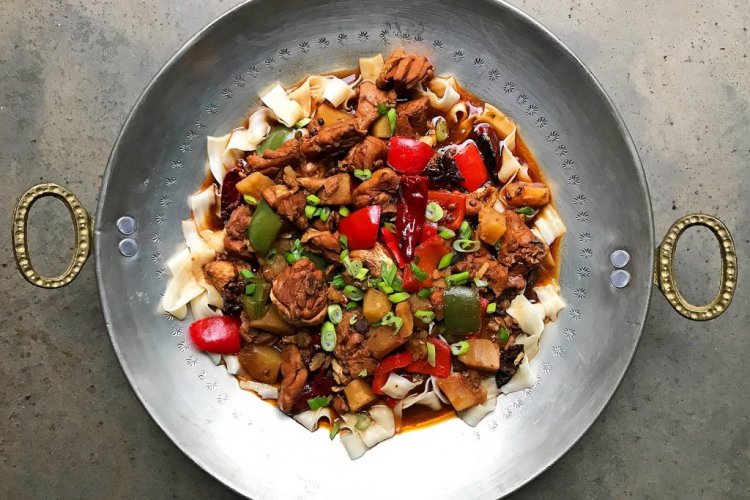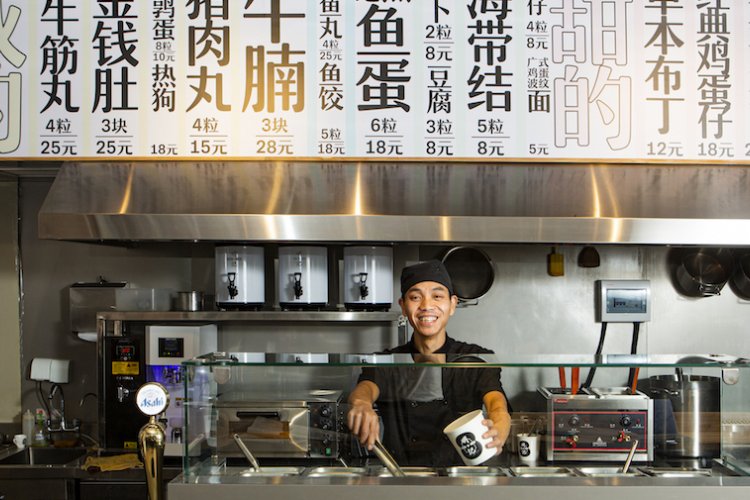Espresso Yourself: Tracking Trends in the City’s Coffee Culture
Coffee, in case your wits are too inert to notice (go brew a pot right this second) has reached its tipping point in China. Starbucks has been here for over two decades, but only lately has it found serious traction, expecting to triple its stable of 500 stores over the next three years.
As the Chinese coffee market diversifies, companies are scrambling to find their niche. Not only is this heralding the arrival of the latest American coffee trends (organic, “farm-to-cup” and microroasting) but the emergence of weird and wonderful new retail models that cater to the demands of the local market.
TRENDING BLENDS
“Quality-wise the coffee in China has been unexceptional up to this point,” is the assessment of Tracey Allen, founder of Brewed Behavior, a specialist consultancy for the coffee industry. He’s also one of the highest ranked “cuppers” in the world, meaning his palate is somewhere around Jedi level. “The people selling the top three percent of coffee in terms of quality haven’t really come into the Chinese market yet.” But that is set to change with the opening of Ocean Grounds Coffee, a US-run business who hired Allen as a consultant.
John Lewis, VP of Marketing for Ocean Grounds, lists the company’s unique selling points. “We are 100 percent organic and we roast our own coffee on the premises. We source direct at origin to ensure best practices, quality and pricing. We want customers to understand who touches their coffee from field to cup. And a big part of what we do is education, through our cupping sessions.”
Yep, I’m way ahead of you … what the deuce is cupping? To figure it out, I find myself sitting inside a bizarre glass testing chamber in the center of Ocean Grounds.
KNOW YOUR BEANS
“Usually the grading of coffee takes place in a back room or warehouse,” says Jim Lee, CEO of the company. “We’re all about transparency.” Quite literally – the coffee storage and roasting area is all part of the openplan shop floor. Sacks of organic beans from around the world sit next to a giant machine – a Probat P25, I’m told, one of the only such roasters in Asia. “We want to be coffee ambassadors,” Jim adds. “That’s why we have no secrets. If you don’t share, then nobody’s learning.”
On the wall, tasting charts list flavors like garden peas, fresh butter, pipe tobacco and cooked beef. We sup an award-winning Guatemalan, served to exacting specifications (for example, water should be 93 degrees Celsius). I can really taste notes of zingy citrus. The experience is more akin to a tea ceremony than a humble cup of joe. “I started out as a frappuccino person – the worst of the worst!” laughs Jim. “But as I started building my palate, I had no more need for milk or sugar.”
CAFFEINE AND COUCHES
“It’s safe to say that the attention we bring to our operations and roasting isn’t currently matched in the Chinese market,” says Lewis. Ocean Grounds are serious coffee connoisseurs, putting taste and quality first. But coffee is as much lifestyle as it is caffeinated beverage. And no one is doing a more compelling job at selling the lifestyle than Beijing chain Maan Coffee.
“We just can’t build them fast enough,” says general manager and barista-trained Korean Shin Ho. The first store opened in January 2011; by the end of last year, Maan had six branches, and Shin expected that number to have risen to eight by February 2012. I’m sitting with Shin in the Lido branch of Maan, brandishing giant mugs of chocomint lattes and nibbling on a plate of American waffles smothered in strawberries and cream. It’s Monday afternoon and the place is heaving. So what’s the secret?
“One thing is the space. We designed it to be really special, like a living room where you can relax with friends.” That sounds like a cliché any café might roll out, but Maan is exceedingly comfy. They have a policy of locating their cafes beside or within sight of green spaces,and constructing practically the entire building out of glass. Tabletop humidifiers add to the fresh, un- Beijing atmosphere. “Our food is very important,” adds Shin. The concept is waffles and toast, with a few savory breakfast dishes and salads, served on proper plates. Practically everyone in the café has cream-daubed mouths, chatting happily. “Starbucks is geared towards takeout. We want our customers to stay.”
BE DIFFERENT
The “Starbucks factor” is significant, according to coffee consultant Allen. “The thing to do is make sure your concept shines in a way that peoplecan identify the differences rather than the similarities [with Starbucks].” For Ocean Grounds, that means focusing on the relationship between coffee farmer, retailer and consumer. For Maan, it’s about creating an aspirational space for people to eat, drink and socialize.
Greg Savarese agrees. He’s the managing director of Ricci Cafe, which will soon open their first store in Wudaokou. “For Beijing, the cafe is so much more important as a social gathering point than it is elsewhere. This means you must have great food that resonates with local palates,” says Savarese. “And you have to build a visually interesting space that people want to share with others.”
TASTE LOCAL
In the US, most of the 150 million cups of coffee consumed daily are drunk between 5-9am. But in Beijing and China, coffee is not a part of the morning ritual. “Our business seems to spike in the late afternoon,” says Ocean Grounds’ Lewis. What’s more, he says the taste for coffee amongst the Chinese is very different: lighter in roast than Starbucks, and brighter in acidity. Andy Yao, a roaster at 798- based Rickshaw Roasters, agrees. “We have two house blends. Retro Number One is mellow, sweet and chocolatey, and really popular with Chinese. Retro Super is quite strong, full-bodied and rich – more popular with foreigners.”
YUNNAN COFFEE ... IS IT ANY GOOD?
As more tea farmers make the switch to beans to meet global demand, isn’t it time you went local(ish)? “The global assessment of coffee bean production in China is that it has a long way to go,” warns Tracey Allen. “I think there’s only one Q Grader [someone qualified to test and grade coffee] in the whole country. The more graders we can get in China, the more a common language will develop between roasters and producers.” A statement on Rickshaw Roasters’ website agrees. “Most of the Yunnan we try does not make the grade,” they tell us, though on their website they recommend a batch they’ve acquired from the Baoshan region in Yunnan – “smooth, medium bodied and goes great with milk.” But that’s cheating, surely.
Click here to see the February issue of the Beijinger in full.
Photo: Judy Zhou, Tom O'Malley
Related stories :
Comments
New comments are displayed first.Comments
![]() cathy jin
Submitted by Guest on Tue, 01/31/2012 - 11:12 Permalink
cathy jin
Submitted by Guest on Tue, 01/31/2012 - 11:12 Permalink
Re: Espresso Yourself: Tracking Trends in the City’s ...
nice,would like to try,but a little far...
thinking of learning how to make coffee.
Validate your mobile phone number to post comments.






